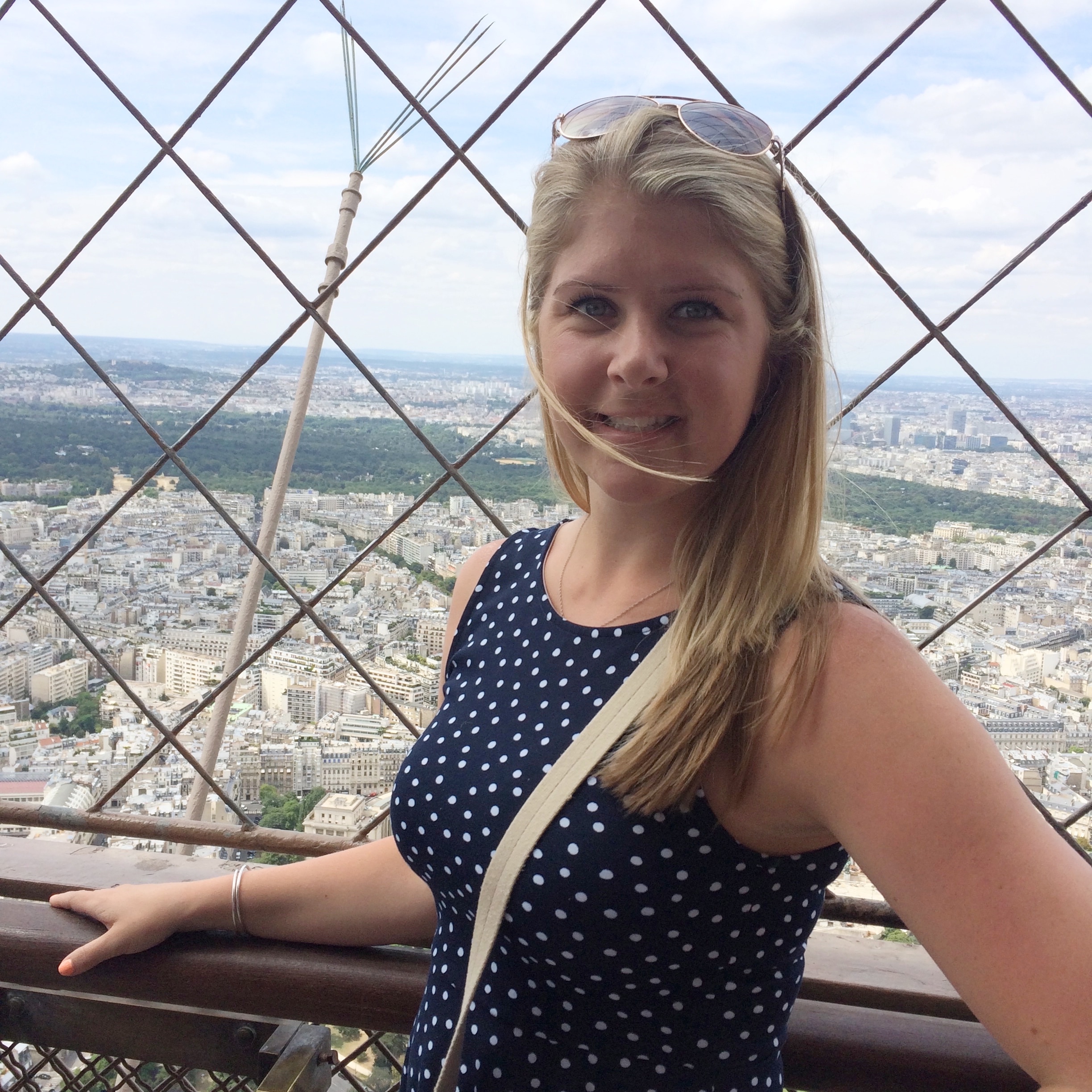CiPP Spotlight: Richard Miller
by Suzee Connole
Richard Miller has a calm, comforting voice that drowned out the noisy street outside my open apartment window. As we spoke on the phone, I closed my eyes and let his melodic voice resonate in my ears. His pace was controlled, his tone soothing, and he connected with me as if we had known each other for years. In the course of a single conversation, he was able to help me tune into my “essential wholeness.”
According to Richard, we all possess this essential wholeness—a unique perfection that cannot be altered or harmed. When we are conscious of it, it assists us in navigating through difficult times. I relate it to an inner therapist that my stressors cannot overpower.
Richard guided me through a series of questions about my surroundings and current anxieties. He asked me to describe the things I was hearing and feeling in a way that made my environment seem brand new. The series of questions and observations allowed me to reflect on what was happening in my life at that exact moment. I was able to appreciate my dog breathing as she rested on my feet. I even appreciated the sound of my washing machine’s spin cycle in the next room.
The conversation showed me that I have the ultimate ability to hush my anxieties. It allowed me to refocus and appreciate the beauty in the mundane aspects of my day.
A clinical psychologist, spiritual teacher, yoga scholar, and author, Richard has spent his career assisting children, teachers, war veterans, and numerous others to cultivate their unique wholeness. “There’s a special quality about us all that, once we recognize and experience it, enables us to confront and heal any issues we are working with in our life,” says Richard. He guides students through a specific meditation to help them experience what he calls their “basic birthright.”
“We are all born with an innate sense of our whole selves,” he says. “Our culture, family, and educational system tend to program us away from that.” How can we recapture that sense of ourselves? Richard recommends daily meditation, a healthy sleep cycle, and yoga practice. He says that yoga “activates the part of our brain and nervous system that enables us to relinquish outdated or unhelpful ways of being.”
Richard joins the faculty for the Certificate in Positive Psychology this fall, offering a module titled “The Mind/Body Connection.” The module will focus on yogic sleep, also known as yoga nidra, a deep state of relaxation between waking and sleeping.
Richard’s research on how yogic sleep and meditation affect us led him to develop iRest, a research-based, transformative practice of deep relaxation and meditative inquiry. He describes the program as “integrative, in that it heals the various unresolved issues, traumas, and wounds that are present in the body and mind” and “restorative, in that it aids its practitioners in recognizing their underlying peace of mind that is always present amidst all changing circumstances of life.” The iRest curriculum is taught and practiced in homeless shelters, 55 VA centers, and eight Department of Defense hospitals.
When working with combat veterans, Richard says his job is to “help them remember, nourish, and experience their true well-being.” He stresses that it’s not people who need fixing; it’s the traumatic emotion that needs fixing. In his meditation groups, Richard has found that trauma does not touch the deepest core of those who suffer with it, and that even those with the most severe trauma can make it back to a place of comfort and understanding. He says his proudest moments are when his students realize that they have “a ground from which to approach healing.”
Suzee Connole is the Marketing Assistant for Wholebeing Institute. Part of her role at WBI involves highlighting how alumni, faculty, and guest speakers are taking positive psychology principles and applying them in the communities where they live and work.










